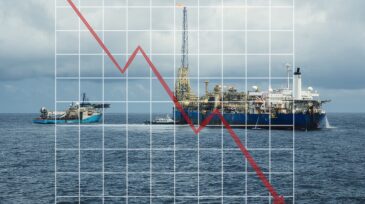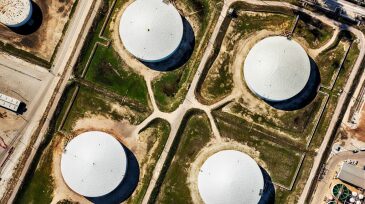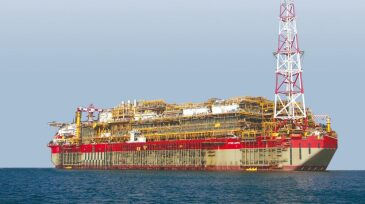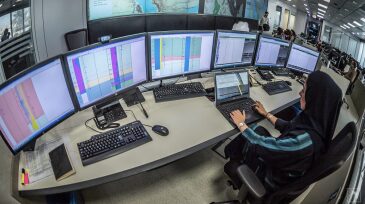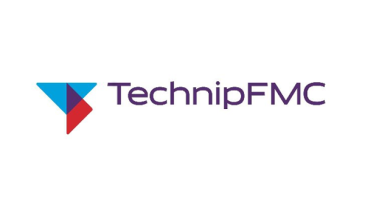Risk management
From credit markets to grid constraints, the forces shaping energy today go far beyond price. Inside the inaugural E3S symposium, industry leaders, policymakers, economists, and students explored how technology, financing, permitting, and supply chain resilience are redefining what it takes to power the energy future.
Enverus projects 2026 activity aimed at gaining access to gas along the Gulf coast and disaggregation of assets.
SPE President Jennifer Miskimins lent her expertise to Science Friday’s conversation about Venezuelan oil, explaining the reality of what it would take to extract and refine it.
-
FPSO sanctioning is at a minimum and few opportunities remain for FPSO suppliers to find new work and redeploy their vessels. Suppliers may be forced to accept day rate reductions in order to keep their vessels working.
-
A technical synopsis of major considerations for unconventional wells facing prolonged shut-ins. The review includes deciding factors for kill fluid selection and risks of incompatible fluid mixing.
-
Financial Fallout: For two big companies, tougher times call for tougher actions.
-
University of Houston Energy asked 408 industry workers to gauge their companies’ response to the global pandemic and economic downturn.
-
Exploration commitments are expected to dwindle in the current market environment.
-
The potential leasing of space in the SPR comes after the DOE’s plans to buy crude oil were suspended. US oil inventory stockpiles stand at a 10-month high.
-
The methodology has proven to be a powerful and effective tool for major-risk management. This paper describes how this technique has been used for the management of major risks associated with production at Total’s Akpo floating production, storage, and offloading facility.
-
Saudi Aramco, BP, and Schlumberger pride themselves on staying at the forefront of digital technology development and deployment. But an equally daunting challenge for the industry heavyweights is keeping their ever-expanding digital systems secure.
-
The transaction is planned to be structured as a spin-off of TechnipFMC’s onshore/offshore segment to create SpinCo and RemainCo. The separation is expected to be completed in the first half of 2020.
-
This paper describes a comprehensive optimization-under-uncertainty work flow that combines a simulation-based approach with semiautomatic work flows and high-speed computers to facilitate the process of decision-making for investors.




